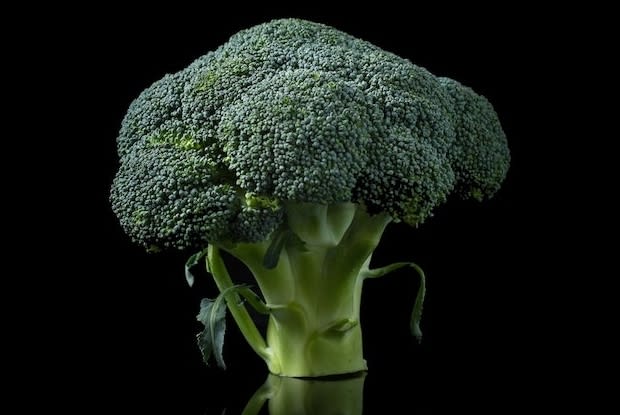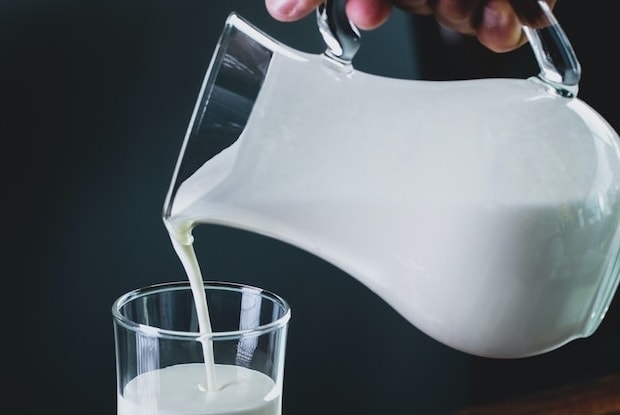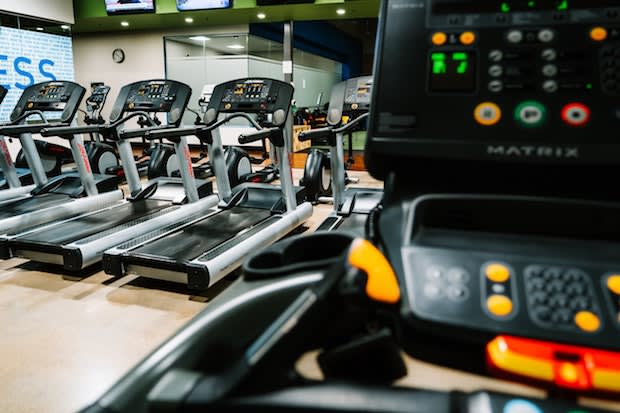Table of Contents
I. Cramping, Bloating, and Diarrhea
Cramping, Bloating, and Diarrhea
Irritable bowel syndrome (IBS) is a disorder of the large intestine. IBS often causes uncomfortable symptoms like cramping, bloating, gas, and diarrhea. Although IBS can be unpleasant and disrupt daily activities, the good news is that IBS does not increase colorectal cancer risk. [1] Medications like Xifaxan (rifaximin), Linzess (linaclotide), and Amitiza (lubiprostone) are available to fight intestinal infections and treat IBS. However, if your symptoms aren’t severe, you may be able to treat IBS with home remedies.
Treating IBS from home is fairly safe and does not typically have side effects. If you are taking IBS medication, lifestyle changes will usually enhance the effectiveness of your medications. Still, you may want to talk to your doctor before starting any home remedies to ensure you will not have an adverse allergic reaction. Some of the medications you are taking may also cause interactions. Be sure to work with your doctor whenever you begin a new home remedy for IBS.
Smart Food Choices
One of the most effective ways to relieve IBS symptoms is to make smart food choices. Foods like broccoli, beans, cabbage, cauliflower, and chocolate can aggravate IBS symptoms, so you may wish to avoid them if possible. Beverages like alcohol, coffee, soda, and milk may also worsen intestinal pain and should also be avoided. But making smart food choices is about more than avoiding problematic foods. Consuming foods rich in probiotics and fiber may help relieve symptoms as well. [2]
In March of 2015, a study of 1700 patients showed that probiotics could reduce the severity of IBS symptoms. [3] Probiotics are supplements derived from good live bacteria that naturally live in the body. They are often used as a way to fight off bad bacteria and infections. Probiotic supplements will commonly contain Lactobacillus and Bifidobacterium, which can help reduce symptoms like diarrhea and constipation. Some probiotics will also contain beneficial fungi like the Saccharomyces boulardii. [4] Increasing fiber intake works for many people to remedy IBS symptoms. Fibrous foods like berries, broccoli, and celery can help constipation by improving bowel movements. It is usually a good idea to try different fiber sources so that your body gets more than one type; psyllium, wheat bran, and calcium polycarbophil are several types of fiber that can improve IBS. [5] Consuming fiber from natural sources like fruits, whole grains, and vegetables may be the most beneficial because they are low in calories but full of vitamins and minerals. But if you find it difficult to incorporate natural sources of fiber in your diet, there are also fiber supplements available. [5] Those with IBS may find that dairy products are especially problematic and can exacerbate their symptoms. For many people, cutting out dairy products from their diet can be difficult because they love the taste. Most people who have IBS may not need to cut out dairy completely and can consume small amounts if they combine it with other foods. Those who are lactose intolerant may find that dairy products trigger their IBS symptoms and may need to find dairy-free substitutes. Dairy products provide important nutrients like protein, calcium, and B vitamins, so ensure you are getting these nutrients from another food source if you must stop consuming dairy entirely. [6] Stress can worsen symptoms of IBS, and IBS symptoms can worsen stress. [5] Exercise is a great way to break this negative cycle and improve your overall health. Physical activity stimulates normal bowel contractions and has been shown to relieve depression. [6] If you exercise regularly, keep it up! If you have been inactive, it is important to start gradually to give your body time to avoid injury. Regular and consistent physical activity is better for improving IBS symptoms than one-off bursts of high-intensity sessions. [6] Amino acids are building blocks of proteins that are crucial for proper body function. [7] IBS can cause fatigue or general tiredness if your small intestine is damaged and digestive by-products enter your body. The amino acid L-glutamine can be used to help the lining in your small intestine heal. A study published in 2018 showed that taking L-glutamine reduced all major IBS symptoms. [3] This amino acid is typically sold as a powder but can also be found in foods like cabbage, spinach, and fish. [8] Many other remedies may be worth trying, such as yoga, deep breathing techniques, and acupuncture. If your IBS is causing major discomfort, you may need to see a doctor. Improving your overall health can go a long way in reducing your IBS symptoms and can make treatments with Xifaxan (rifaximin), Linzess (linaclotide), or Amitiza (lubiprostone) more effective. To find out more about how you can implement an IBS-friendly diet, talk to a dietician today. Talk to your doctor before starting a home remedy to avoid any possible treatment interactions. The content in this article is intended for informational purposes only. This website does not provide medical advice. In all circumstances, you should always seek the advice of your physician and/or other qualified health professionals(s) for drug, medical condition, or treatment advice. The content provided on this website is not a substitute for professional medical advice, diagnosis, or treatment.
a. Probiotics
b. Fiber
c. Dairy

Exercises for IBS
Amino Acids

